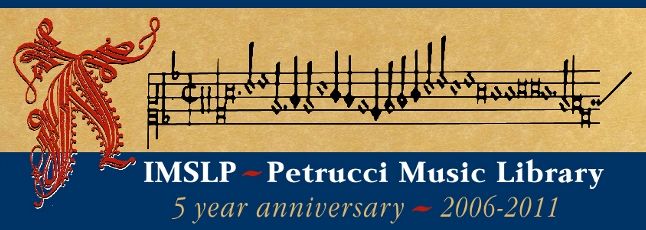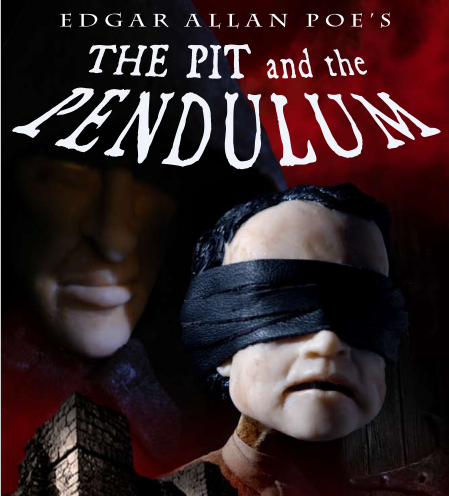In 1953, Willem De Kooning was one of the world’s most revered living painters, and Robert Rauschenberg was a talented rising star, just a year out of art school. In this clip, Rauschenberg tells of how, armed with nothing but chutzpah and a bottle of Jack Daniels, he knocked on De Kooning’s door and flat-out asked the master for an original drawing — so he could erase it. De Kooning not only acquiesced, but even chose a drawing he particularly liked. Though it was controversial at the time, Erased De Kooning is now considered a conceptual art classic. And its influence endures: Last year a student at Brown out-Rauschenberg’d Rauschenberg by erasing De Kooning’s wikipedia entry.
If you would like to sign up for Open Culture’s free email newsletter, please find it here. It’s a great way to see our new posts, all bundled in one email, each day.
If you would like to support the mission of Open Culture, consider making a donation to our site. It’s hard to rely 100% on ads, and your contributions will help us continue providing the best free cultural and educational materials to learners everywhere. You can contribute through PayPal, Patreon, and Venmo (@openculture). Thanks!
Related Content:
MoMA Puts Pollock, Rothko & de Kooning on Your iPad
The MoMA Teaches You How to Paint Like Pollock, Rothko, de Kooning & Other Abstract Painters
How the CIA Secretly Funded Abstract Expressionism During the Cold War



